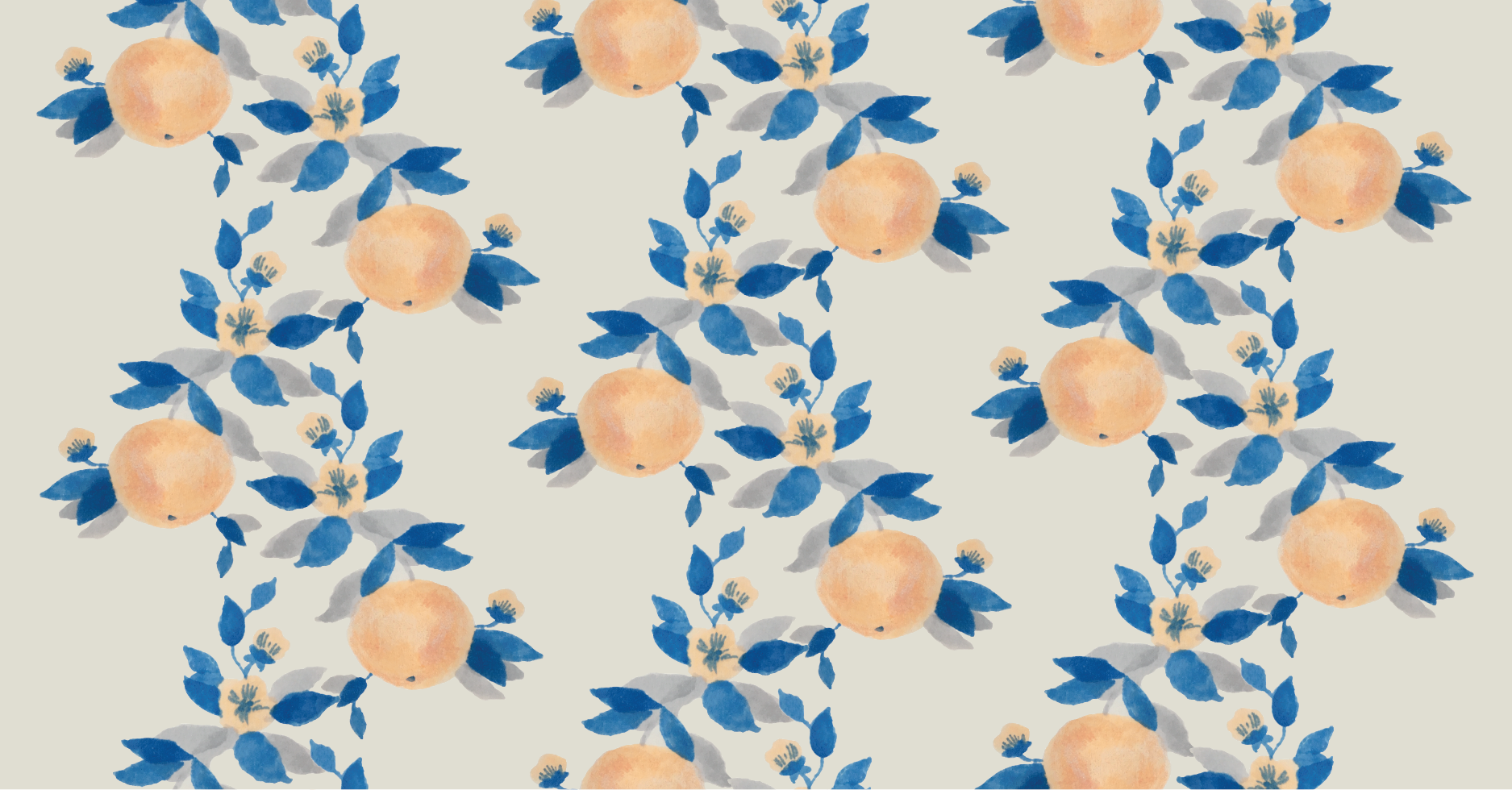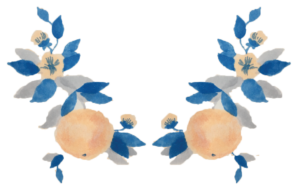
America’s favorite recluse, Henry David Thoreau, famously spent two years, two months, and two days in a home of his making by the shores of Walden Pond ― a gentle body of water at the southeast edge of Concord, Massachusetts. The transcendentalist thinker and writer ventured into those woods because he wanted to “live deliberately” and extricate himself from an immoral society. Though Thoreau would emerge physically from the forest in 1847, his later writings show that his mind remained consumed by the natural world, perpetually a degree removed from the political and cultural zeitgeist of the day.
This naturalist focus is exemplified in “Wild Apples,” one of Thoreau’s last essays that was published in the Atlantic Monthly at the height of the Civil War in 1862, also the year of the author’s death. The text follows the apple through myth and history and describes many varieties that grow across New England, pausing here and there so we can sense and admire the “beautiful blush” of the “fairy food, too beautiful to eat.”
That Thoreau would ruminate on fruit on a national platform while civil war ensued some leagues south is curious, if not condescending. I am tempted to accuse the writer of escapism. Yet, before judging too harshly, I am reminded that a man who secluded himself for years just to live deliberately must write deliberately also. Referencing Norse gods and sweet ciders, Thoreau’s musings on wild apples initially seem frivolous, but a second reading reveals kernels that tie back to the narrative of a warring nation. For example, Thoreau considers the apple tree “a symbol of peace no less than the olive.” Perhaps he presents readers the most “civilized,” “ambrosial,” and “noble” of fruits in order to evoke goodness and compassion in their hearts.
 Beyond its peaceful connotation, Thoreau’s favorite fruit is integral to the American story in more ways than one. Thoreau suggests that the apple tree directly connects Americans to their adopted soil. He writes that “the cultivated apple tree was first introduced into this country by the earliest settlers,” and adds that the species does “as well or better here than anywhere else.” Entrenched in civil war, it is imaginable that some Americans felt insecure about their grip on a land which was claimed by and still trembled beneath soldiers’ boots. If apple trees planted by their predecessors flourished, then the seizure of land could be justified, rogue earth tempered.
Beyond its peaceful connotation, Thoreau’s favorite fruit is integral to the American story in more ways than one. Thoreau suggests that the apple tree directly connects Americans to their adopted soil. He writes that “the cultivated apple tree was first introduced into this country by the earliest settlers,” and adds that the species does “as well or better here than anywhere else.” Entrenched in civil war, it is imaginable that some Americans felt insecure about their grip on a land which was claimed by and still trembled beneath soldiers’ boots. If apple trees planted by their predecessors flourished, then the seizure of land could be justified, rogue earth tempered.
While the apple’s cultivation and success in America is lauded, Thoreau is most interested in the fruit’s wild varieties (as the title of his essay suggests). Natural products like the wild apple have “a certain volatile and ethereal quality,” he writes. This quality “represents their highest value which cannot be vulgarized.” For Thoreau, wild fruits―among other untamed things―transcend the human realm. A wild apple cannot even be “bought and sold” because its “evanescent and celestial qualities” will stream to heaven, while “the pulp and skin and core” go to market. Man cannot reach the divine arena of nature and actively moves away from it as he engages in civic affairs, such as economy and war. “No mortal has ever enjoyed the perfect flavor of any fruit.”
His time at Walden may have replaced Thoreau’s political vocabulary with natural imagery, but the intent of “Wild Apples” is clear. Professor of English Steven Fink wrote in the New England Quarterly that Thoreau had both the “desire to assume the role of American prophet” and a “deep-seated ambivalence about his relation to the public.” A foremost champion of “withdrawal from institutional authority,” the man was “caught between the urge for independence from the community and the simultaneous need to engage its attention.”
As war raged between North and South, Thoreau sought to relay a moral message wrapped up in the boughs of an apple tree. You have lost touch, he warned his countrymen, and there is no going back. “The era of the wild apple will soon be past.”



Be the first to comment